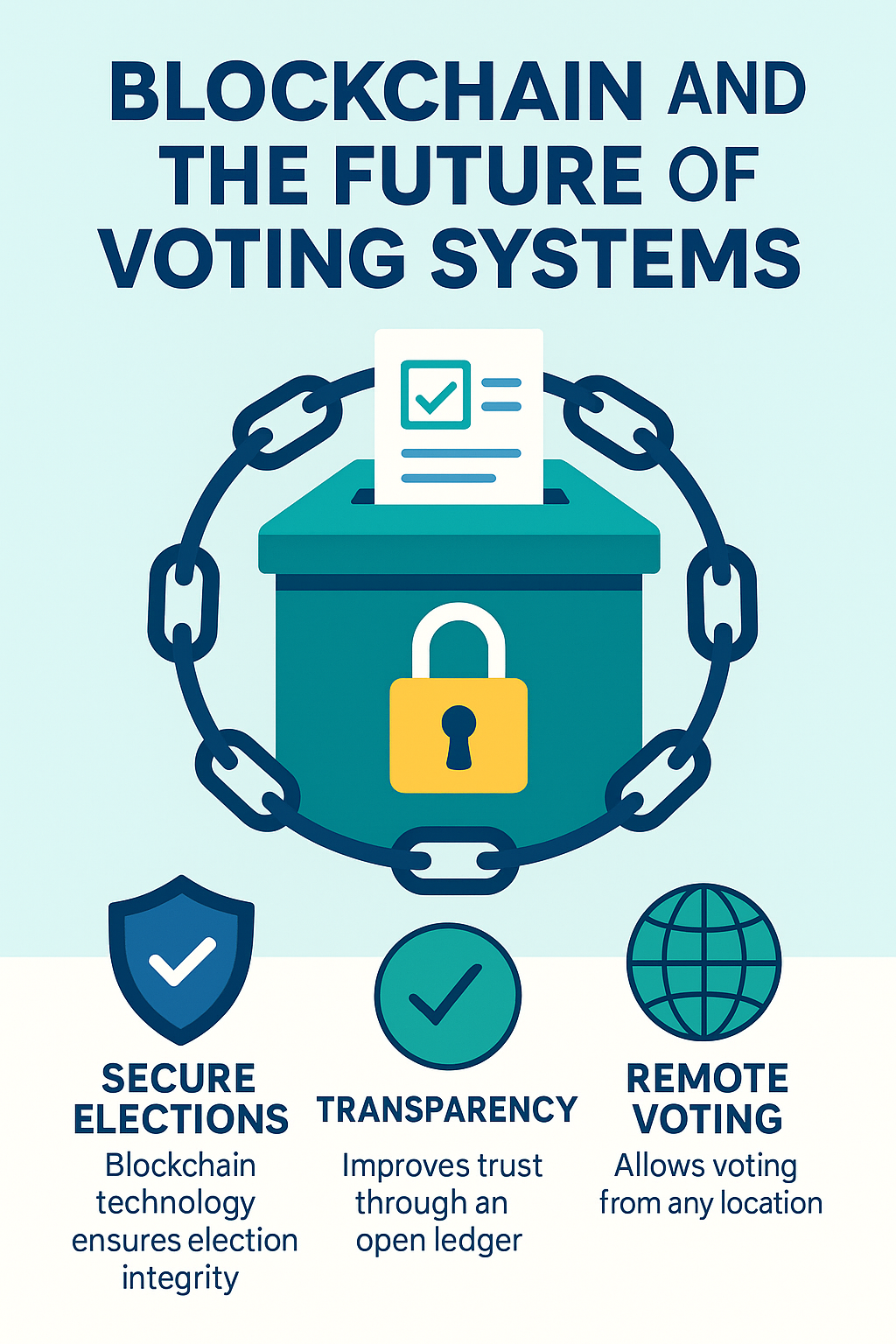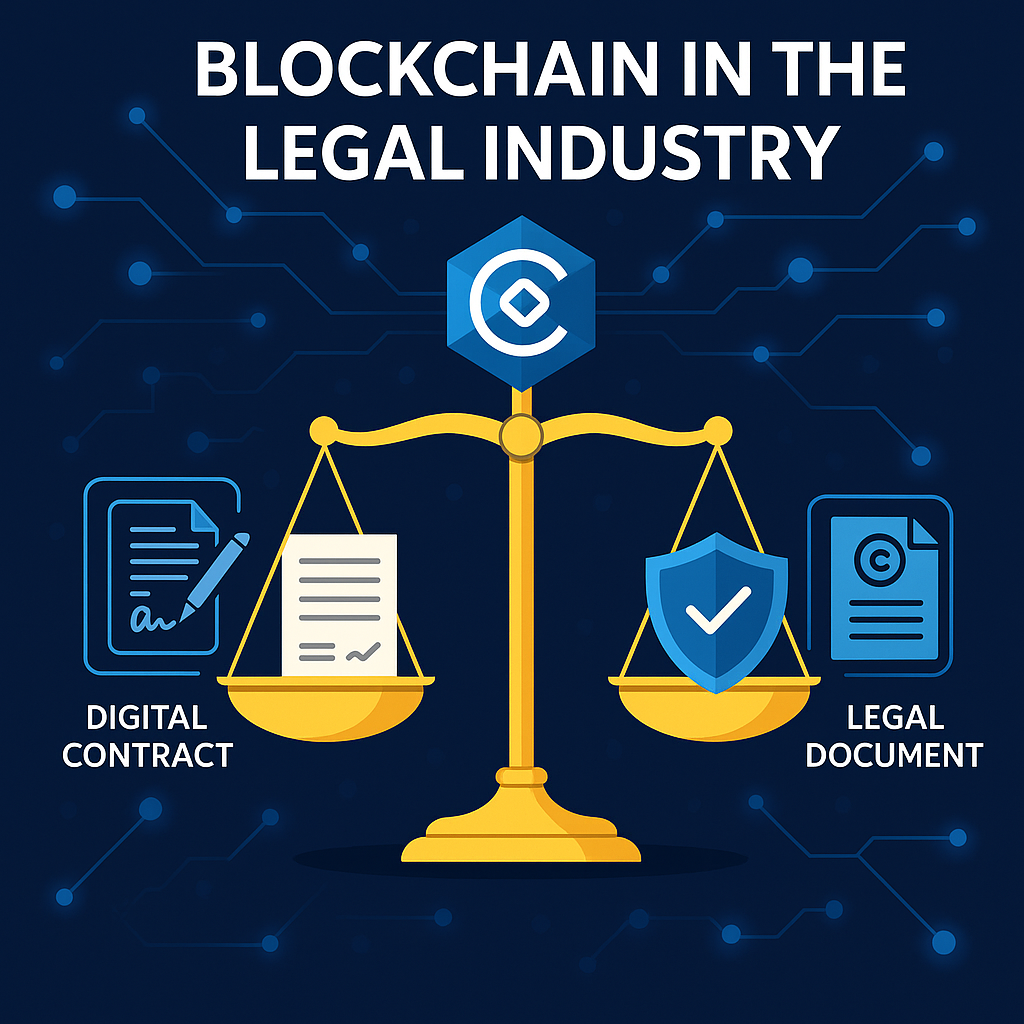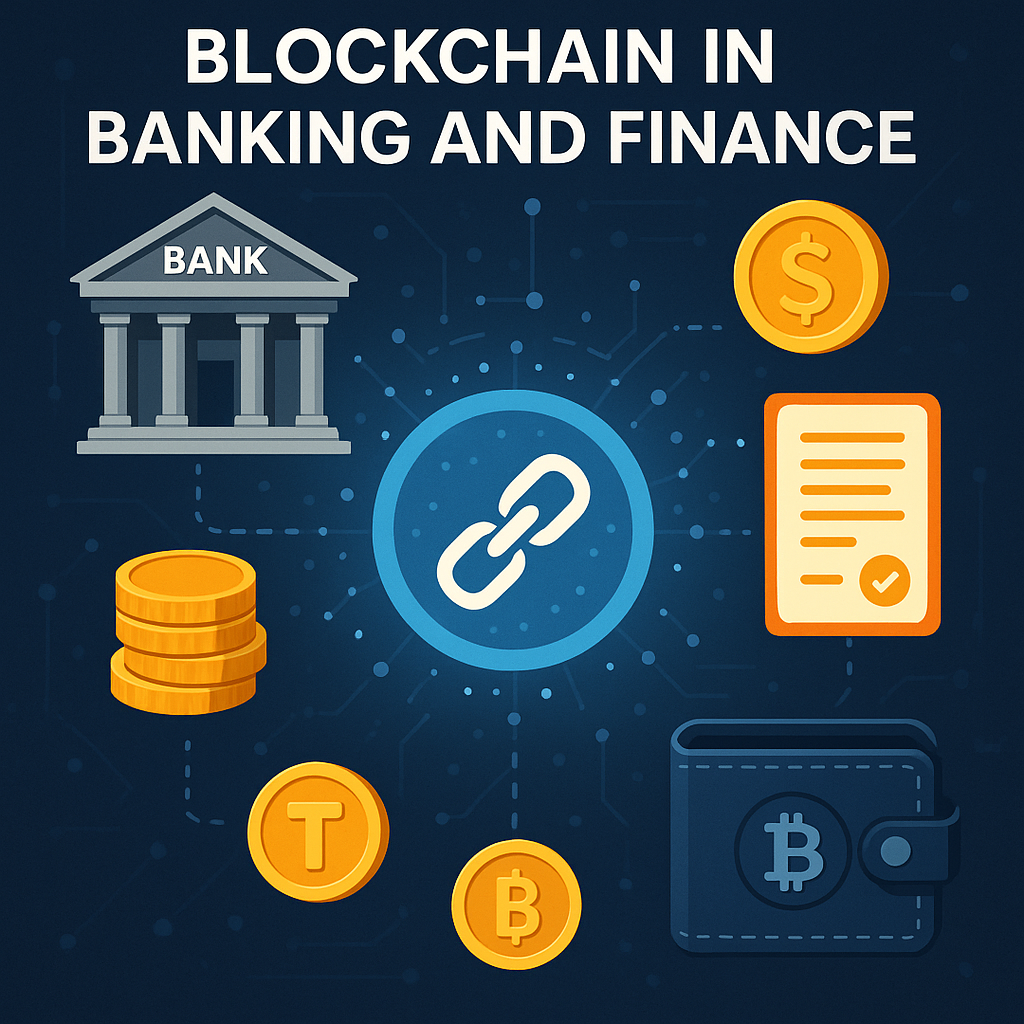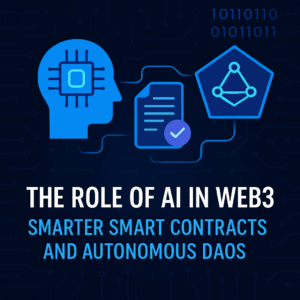Blockchain and the Future of Voting Systems
Play Flutter Bees for stress relief — tap, play, and relax with bees!
In today’s digital world, trust is crucial — especially when it comes to voting. Unfortunately, traditional voting systems can be vulnerable to fraud, human error, and manipulation. Blockchain technology offers a powerful solution that could revolutionize how we vote in the future.
What is Blockchain Voting?
Blockchain voting uses decentralized digital ledgers to record votes securely. Every vote becomes a “block” that is encrypted, time-stamped, and permanently stored. This system ensures transparency, immutability, and tamper-proof results.
Benefits of Blockchain in Voting:
- Security: Votes are encrypted and stored across multiple nodes, making hacking extremely difficult.
- Transparency: Anyone can verify the voting process without compromising voter privacy.
- Speed: Results can be tallied instantly and verified quickly.
- Accessibility: Voters could cast their ballots remotely using secure apps, helping people who cannot physically reach polling stations.
- Cost-Effective: Reduces the need for manual counting, expensive equipment, and large election workforces.
Challenges to Consider:
- Digital Divide: Not everyone has equal access to technology.
- Cybersecurity Risks: Although blockchain is secure, the endpoints (apps, devices) must also be protected.
- Regulatory Issues: Governments must create laws and standards to govern blockchain voting.
Real-World Examples:
Several countries and organizations have started experimenting with blockchain-based voting, such as:
- Estonia: Leading in digital government services, including e-voting trials.
- Sierra Leone: Used blockchain to verify election results in 2018.
- West Virginia, USA: Piloted mobile blockchain voting for overseas military personnel.
Conclusion:
Blockchain could make elections more transparent, secure, and accessible. However, careful planning, education, and technical development are essential before widespread adoption.
As technology evolves, blockchain voting might soon become the global standard — bringing new hope for more fair and trusted elections.






Post Comment